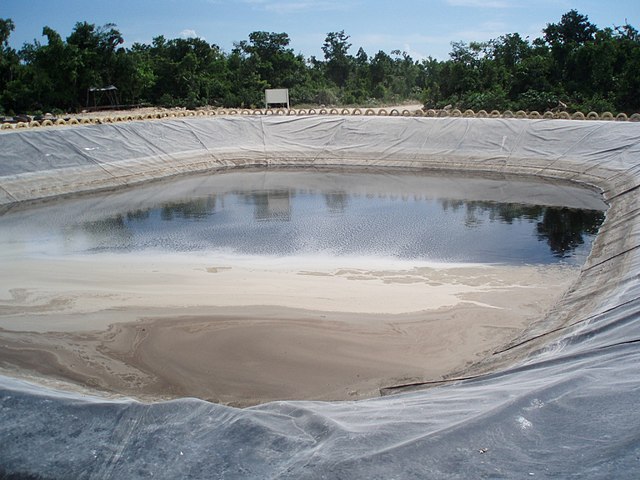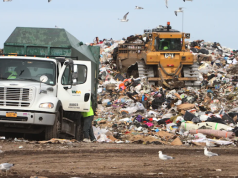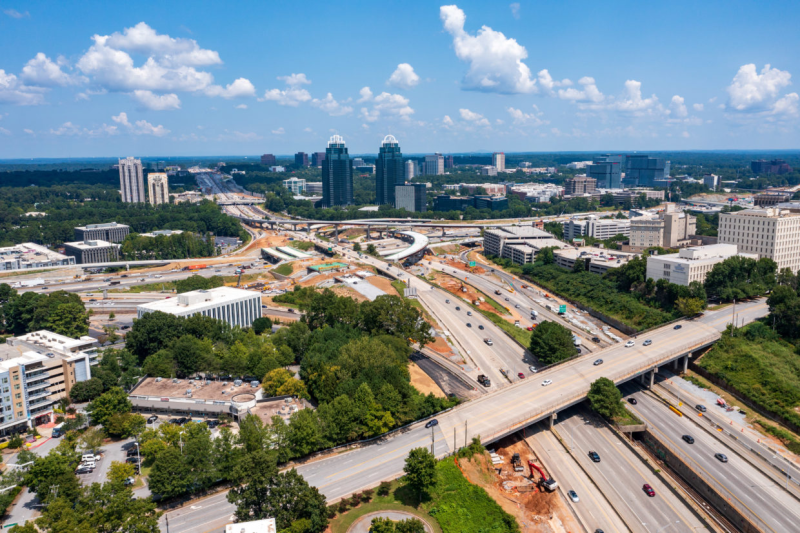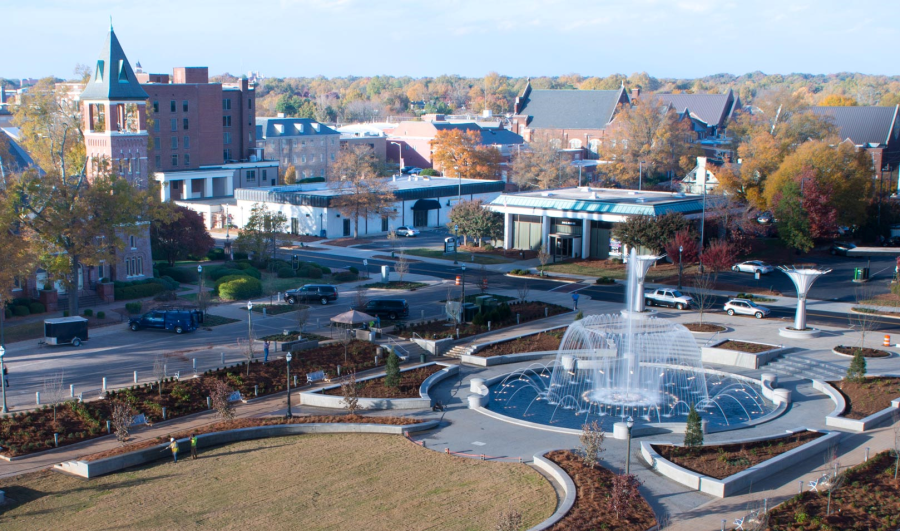Landfills play a crucial role in waste management, serving as repositories for the disposal of solid waste. The State of Maine, known for its picturesque landscapes and abundant natural resources, faces unique challenges in managing its landfills. This article provides a comprehensive overview of the state of landfills in Maine, discussing their current status, environmental concerns, regulations, and sustainable waste management initiatives.
Current State of Landfills
Maine has a diverse waste management system, comprising municipal, industrial, and commercial landfills. As of 2021, there were approximately 100 active and closed landfills across the state. The primary responsibility for landfill operations lies with the Maine Department of Environmental Protection (DEP), which regulates landfill design, operation, and closure to ensure compliance with environmental standards.
Environmental Concerns
Landfills pose various environmental challenges, and Maine is no exception. The major concerns include:
Leachate: Leachate refers to the liquid that percolates through the waste, potentially contaminating groundwater and nearby water bodies. Proper leachate management and containment systems are crucial to prevent environmental degradation.
Methane Emissions: Decomposing waste generates methane, a potent greenhouse gas. Uncontrolled methane emissions contribute to climate change. Methane capture systems, such as landfill gas-to-energy projects, help mitigate this issue by converting methane into usable energy.
Odor and Air Pollution: Landfills can release unpleasant odors and airborne pollutants, affecting the quality of life for nearby residents. Landfill operators employ measures like gas collection systems, daily cover application, and advanced odor control technologies to address these concerns.
Regulations and Compliance
Maine has implemented stringent regulations to ensure the proper operation and closure of landfills. The Maine DEP oversees the permitting, compliance, and enforcement of these regulations. Some key regulatory aspects include:
Solid Waste Management Hierarchy: The state promotes waste reduction, recycling, and composting as priority strategies over landfilling, as well as dumpster rental services (click here). The waste hierarchy encourages diverting materials away from landfills and promoting sustainable alternatives.
Landfill Siting and Design: Landfills must comply with specific siting criteria, including distance from sensitive areas such as wetlands and water bodies. Design requirements include liners, leachate collection systems, and groundwater monitoring systems to protect the environment.
Closure and Post-Closure Care: Proper landfill closure is essential to prevent future environmental risks. Landfill operators are required to implement closure plans, including capping the landfill, installing a final cover, and implementing long-term monitoring systems.
Sustainable Waste Management Initiatives
Maine recognizes the importance of transitioning to sustainable waste management practices. Several initiatives have been undertaken to reduce reliance on landfills:
Recycling Programs: The state has established comprehensive recycling programs to divert recyclable materials from landfills and to reduce junk disposal needs. This includes curbside recycling, drop-off centers, and recycling education campaigns to promote responsible waste disposal.
Composting: Encouraging composting helps divert organic waste from landfills. Maine supports backyard composting and provides resources for community composting initiatives to reduce the volume of waste requiring landfill disposal.
Waste-to-Energy Projects: Waste-to-energy facilities, such as incinerators, convert waste into electricity or heat. These projects help reduce landfill reliance and generate clean energy.
Extended Producer Responsibility (EPR): Maine has embraced EPR principles, which hold manufacturers responsible for managing the end-of-life disposal of their products. EPR programs encourage product design for recyclability and provide incentives for recycling and proper disposal.
The state of landfills in Maine reflects the ongoing efforts to balance waste management needs with environmental sustainability. Maine’s waste management framework focuses on reducing waste generation, promoting recycling and composting, and implementing responsible landfill practices. Continued emphasis on sustainable waste management initiatives, coupled with strict regulations and community participation, will help mitigate the environmental impact of landfills and create a cleaner, healthier future for Maine.




